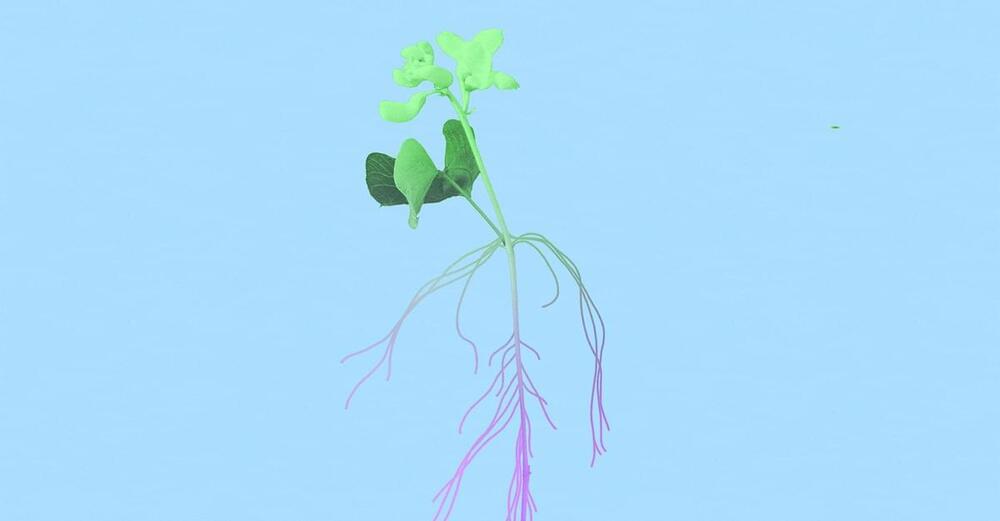Scientists are debating whether concepts such as memory, consciousness, and communication can be applied beyond the animal kingdom, Zoë Schlanger wrote in our June 2024 issue.
“Consciousness was once seen as belonging solely to humans and a short list of nonhuman animals that clearly act with intention,” Schlanger wrote in an article adapted from her book, “The Light Eaters: How the Unseen World of Plant Intelligence Offers a New Understanding of Life on Earth.”
“Yet seemingly everywhere researchers look, they are finding that there is more to the inner lives of animals than we ever thought possible. Scientists now talk regularly about animal cognition; they study the behaviors of individual animals, and occasionally ascribe personalities to them. Some scientists now posit that plants should likewise be considered intelligent.”
“Not so long ago, treading even lightly in this domain could upend a scientist’s career,” Schlanger continued. The popular 1973 book “The Secret Life of Plants” included real science, but also featured wildly unscientific projection; many scientists were unable to reproduce its claims, Schlanger wrote, causing a decades-long avoidance of plant-behavior studies.
A decade later, a paper by David Rhoades, a zoologist and chemist at the University of Washington, proposed that trees were communicating with one another to defend against a caterpillar infestation. Rhoades was ridiculed by peers; his discovery ended up buried, even as it opened new lines of inquiry. “Four decades on, the idea that plants might communicate intentionally with one another remains a controversial concept in botany,” Schlanger wrote. Definitions of communication are slippery; intentionality is even harder to show.
The essential question of plant intelligence is “How does something without a brain coordinate a response to stimuli?” Schlanger continued. “How does information about the world get translated into action that benefits the plant? How can the plant sense its world without a centralized place to parse that information?” To learn more, she spoke with scientists studying plant agency, memory, and other avenues of research.
